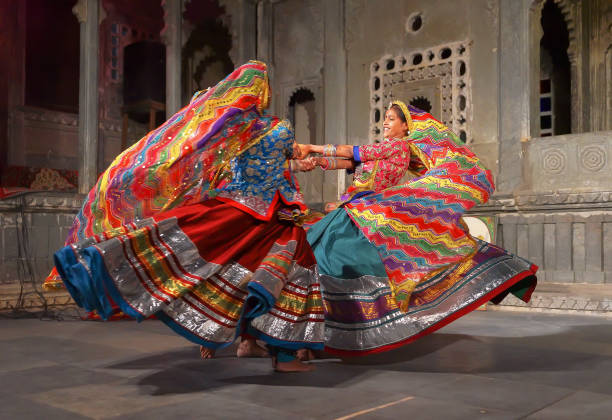Table of Contents
Festivals, celebrations that mark specific occasions or times of the year, have been an integral part of human culture for millennia. They serve as social gatherings, religious observances, and cultural expressions, reflecting the unique values, traditions, and beliefs of different societies. This article explores the cultural significance of festivals around the world, highlighting their diverse purposes and the impact they have on communities.

Social Cohesion and Community Building
Festivals play a vital role in fostering social cohesion and strengthening community bonds. They provide opportunities for people to come together, interact, and celebrate shared experiences. Whether it’s a local harvest festival or a national holiday, festivals create a sense of belonging and unity among community members.
Religious Festivals: Many festivals are rooted in religious beliefs and practices. They serve as occasions for spiritual reflection, worship, and communal prayer. For example, Diwali, a Hindu festival of lights, is celebrated to commemorate the victory of good over evil.
Cultural Festivals: Cultural festivals showcase the unique traditions, customs, and arts of a particular culture. They may include music, dance, theater performances, and traditional crafts. For instance, the Edinburgh Fringe Festival is the world’s largest arts festival, featuring a diverse range of performances from around the globe.
Seasonal Festivals: Seasonal festivals mark the changing of the seasons and celebrate natural cycles. They often involve agricultural rituals, harvest celebrations, and festivities related to the solstices and equinoxes. The Chinese Spring Festival, for example, is a celebration of the lunar new year and the beginning of spring.

Preservation of Cultural Heritage
Festivals are essential for preserving cultural heritage and passing down traditions to future generations. They provide a platform for showcasing traditional customs, crafts, and knowledge, ensuring that they are not lost over time.
Traditional Crafts and Arts: Festivals often feature demonstrations of traditional crafts and arts, such as pottery, weaving, and carving. This helps to keep these skills alive and ensure their continued practice.
Oral Traditions: Festivals can be a place for storytelling, music, and dance, preserving oral traditions and cultural narratives.
Religious Rituals: Religious festivals often involve the performance of traditional rituals and ceremonies, which are essential for maintaining the continuity of religious practices.
Economic Impact
Festivals can have a significant economic impact on local communities. They attract tourists, generate revenue for businesses, and create jobs in the hospitality, tourism, and retail sectors.
Tourism: Festivals can be a major draw for tourists, boosting local economies. The Oktoberfest in Munich, Germany, for example, is one of the world’s largest beer festivals and attracts millions of visitors each year.
Business Opportunities: Festivals provide opportunities for local businesses to showcase their products and services to a wider audience. This can lead to increased sales and economic growth.
Job Creation: Festivals often require additional staff to handle the increased demand for goods and services. This can create temporary or seasonal jobs in various sectors.

Social and Emotional Benefits
Festivals offer numerous social and emotional benefits for individuals and communities. They provide opportunities for relaxation, enjoyment, and stress relief. They can also foster a sense of belonging, community spirit, and shared identity.
Stress Relief: Participating in festivals can be a fun and enjoyable way to relax and unwind. The festive atmosphere can help reduce stress and improve overall well-being.
Social Interaction: Festivals provide a platform for socializing with friends and family, strengthening relationships and building community bonds.
Cultural Exchange: Festivals can promote cultural exchange and understanding between different communities. By experiencing the traditions and customs of others, people can develop a greater appreciation for diversity.
Conclusion
In conclusion, festivals are essential cultural events that serve a variety of purposes. They foster social cohesion, preserve cultural heritage, generate economic benefits, and provide opportunities for social and emotional well-being. Festivals are a vital part of human culture, reflecting the unique values, traditions, and beliefs of different societies.